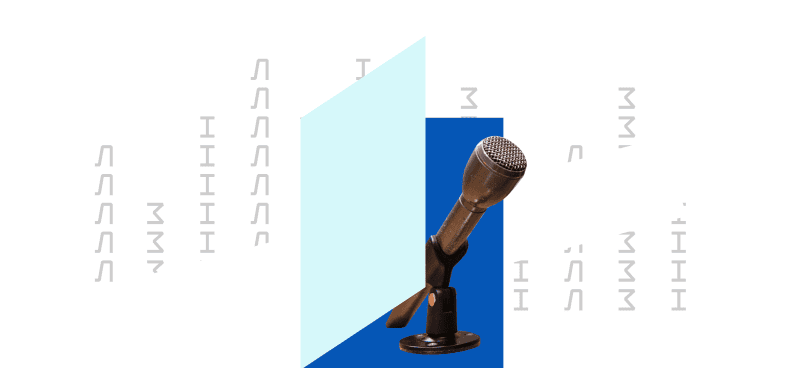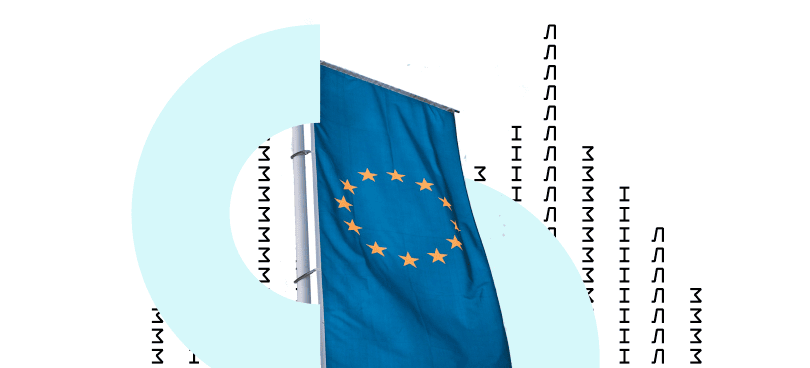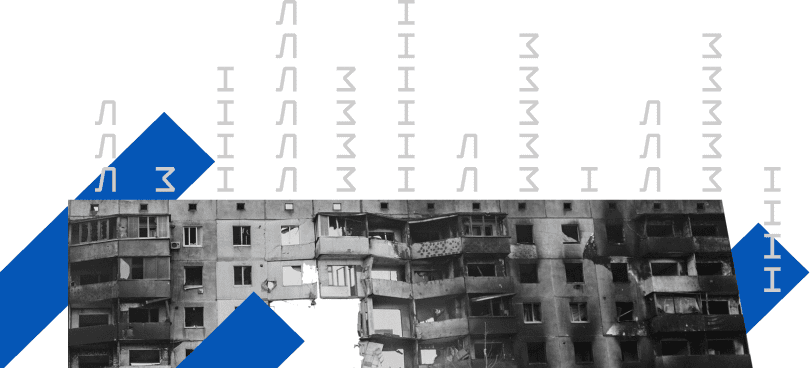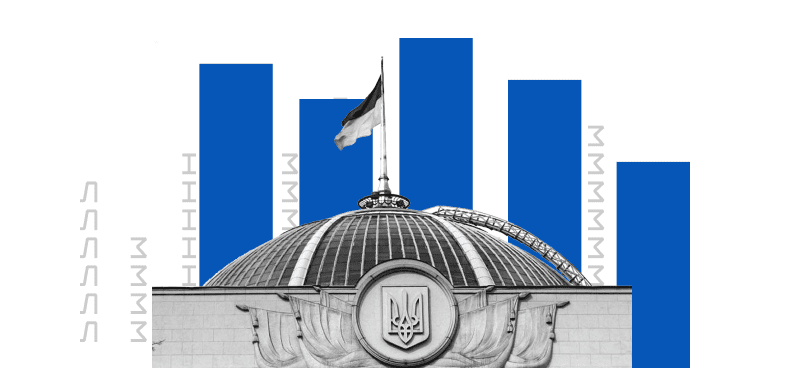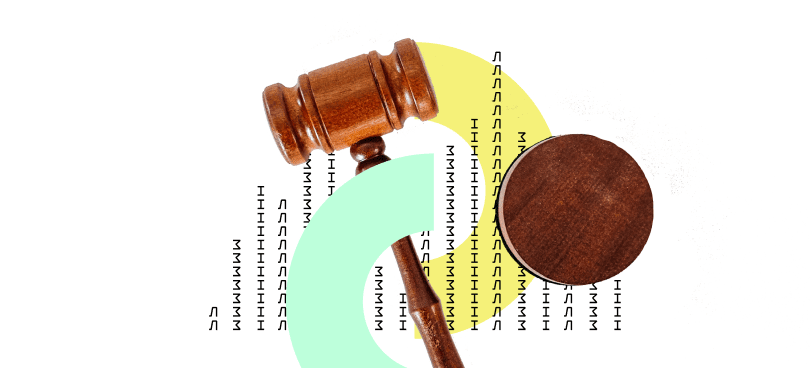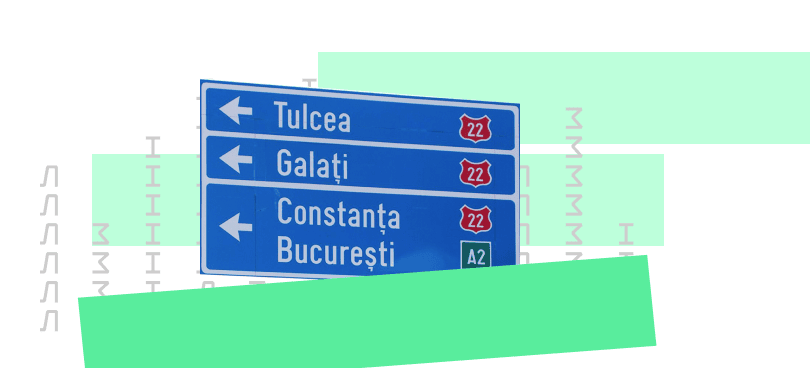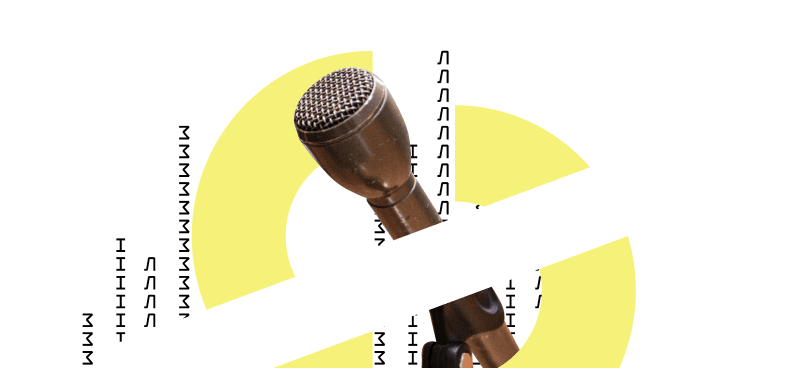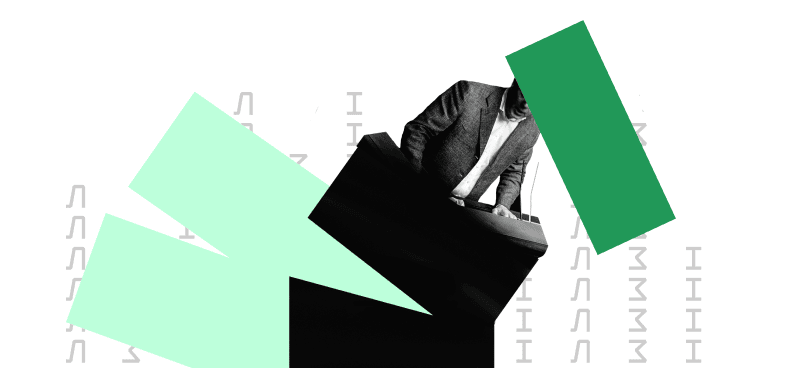The primary objective of the report is to draw attention to the phenomenon of judicial influence on the course of reforms within the Ukrainian context.
The process of implementing reforms is always long and complicated, and its success depends on many factors. Regrettably, the experience of reforms in Ukraine has not always been fruitful, as the outcomes of implementing changes are often not deemed satisfactory by either the authorities or the public. The final point in the debate about whether reform is effective is made by the courts that act as arbitrators in these disputes.
Making a particular decision in a particular case allows the courts to have a noticeable impact on the progress of the introduction of innovations. Particularly, the phenomenon of judicial influence was eloquently demonstrated in the resolution of cases pertaining to the lustration of officials who held positions during the tenure of Viktor Yanukovych, the re-attestation of police officers, the purging of courts from “Maidan judges” and the attestation of prosecutors of the Prosecutor General’s Office. Sadly, the results of judicial consideration revealed that innovations in these areas were not without mistakes, which have traditionally been associated with domestic reforms. As a result, there is a striking number of lawsuits and decisions against the Ukrainian government. This indicates that reforms that were meant to improve government institutions and renew personnel did not work out.
466 lustrated officials, 140 prosecutors and 3,931 police officers who failed the certification, 6 “Maidan judges” involved in the suppression of public protests against the Yanukovych regime were reinstated through the courts after the purge of the authorities that started in 2014 (as of July 2023).
Five cases were chosen to systematically assess the phenomenon of judicial influence in Ukraine. These cases reflect massive appeals to the courts against the results of reforms and outcomes of state power purges through a policy of bans. The list comprises cases that represent the most recent high-profile court appeals for the period spanning from 2014 to 2023. Cases were selected so as to reflect the position of various courts regarding certain aspects of assessment of the specified areas. Considering this, the focus of the research was on those cases that had passed through all possible phases of a court appeal. This approach enabled us to capture, as accurately as possible, the general tendencies in the evaluation of reforms and measures to purge state power, which are typical of courts of various jurisdictions.
The list of cases studied by the Agency for Legislative Initiatives includes:
- Appeal against the 2014 lustration procedure.
- Appeal against the 2015–2016 police reform in terms of re-attestation of the personnel of the National Police of Ukraine.
- Appeal against the dismissal of “Maidan judges”.
- Appeal against the results of the 2019 certification of prosecutors of the Prosecutor General’s Office of Ukraine.
- Ban on pro-Russian parties in Ukraine in 2022–2023.
The report does not offer an assessment of whether court decisions are enforceable, substantiated, or based on legitimate motives. Rulings, decisions, and resolutions of courts are used only as factual material to see how much court decisions affect the course of reforms in Ukraine. Moreover, to research the state of preparation of regulatory acts on reforms, draft laws, accompanying documents, provisions of applicable laws and by-laws and regulations that were in force at the time of the disputed legal relations emergence were analysed.
The gathered information forms the basis for the analysis and is current as of July 2023.
It was analysed in order to highlight the typical mistakes made by developers of reforms/lustration and the authorities authorised to implement them, which led to mass appeals to the courts.
Case studies on state power reform/lustration procedures include:
- analysis of reform/procedure design (the essence and goal of the reform/procedure, preparatory work and legal regulation);
- analysis of the process of reform/procedure implementation (implementation of legislation in practice at the national and local levels);
- analysis of entities appealing legal relations;
- study of the procedure for appealing the results of reforms/procedures (identifying reasons that caused such appeal and characteristics of claims filed by the complainants);
- analysis of appeal results containing an analysis of the reasoning for decision-making;
- analysis of responses to appeal results by civil society and government authorities (in particular, in terms of amendments to the legislation).
So, why did courts influence the results of staff purges? What lurks behind it? How can this practice be used in the future so that judicial influence does not transform into the Last Judgement for its developers? Read about it in the new ALI study “Judicial Influence: Role of Courts in the Reform Implementation in Ukraine.”
This report has been prepared as part of the “Civil Society for Ukraine’s Post-Ware Recovery and EU-Readiness” Project, which is implemented with financial support from the EU.
The content of the report is the sole responsibility of the Agency for Legislative Initiatives and does not necessarily reflect the views of the European Union.

